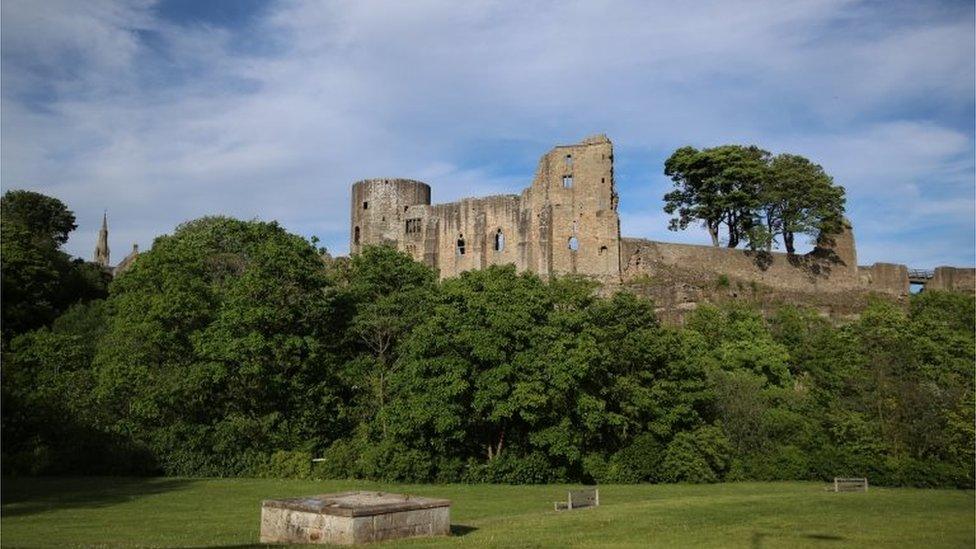Dominic Cummings shines a light on No 10's inner workings
- Published
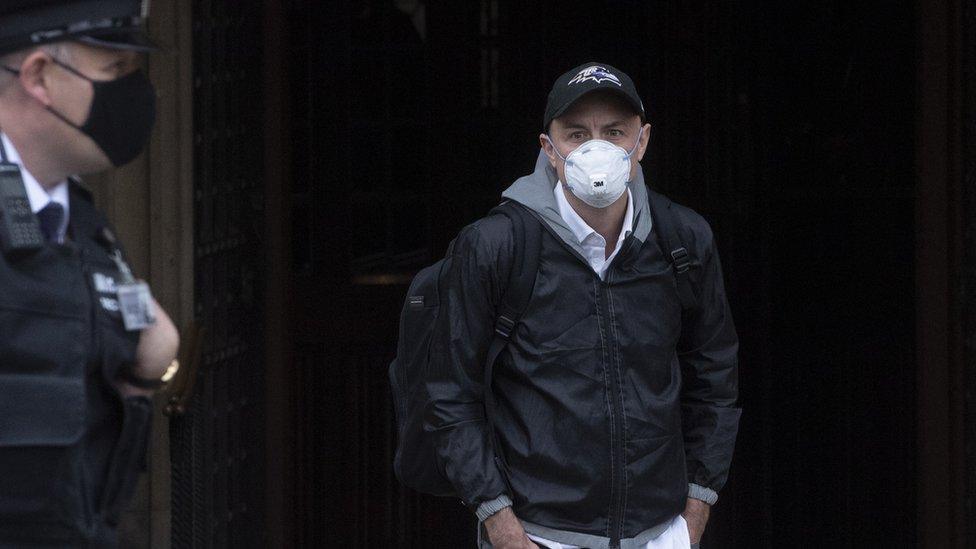
Some will contest it, some will question the motives.
But today's dramatic evidence from Dominic Cummings shone new light on the government's handling of the biggest peacetime crisis in modern times.
He was a central player in Downing Street and Whitehall and has become the highest profile figure so far to give an inside story of the critical moments and decision making.
Mr Cummings' account of the first Covid-19 wave in 2020 was highly critical of ministers and officials who were his former colleagues.
British people flown back from Wuhan in China were quarantined in late January. But until the end of February there was no attempt to get the government machine on a war footing, he said. Some key players even took skiing holidays.
This was the situation in the UK even as Italian hospitals were being over-run with seriously ill Covid patients.
Mr Cummings argued there should have been a lockdown by early March - but big sporting events like the Cheltenham racing festival went ahead.
He said experts thought closing mass spectator events would mean people went to pubs instead, but this, in his view, was typical of the flawed thinking on how people might behave.
By Monday, 16 March 2020, there had been a big change in thinking.
Mr Cummings revealed this had only happened over the weekend once warnings about hospitals being overwhelmed had been taken on board.
That day saw the first announcement of restrictions, though a full lockdown did not happen for another week.
But Prof Peter Openshaw, a member of the New and Emerging Respiratory Virus Threats Advisory Group, said none of the options for ministers were clear cut.
He said: "I think it was clear to us that really urgent action needed to be taken - but that was very difficult for the politicians to balance all the inputs they were getting from the scientists on one hand, and those who thought this was really going to be very damaging for the economy on the other."
Mr Cummings slammed what he alleged was the lack of preparation for a pandemic, including shortages of personal protective equipment.
He said even with virus cases surging in March there were no urgent plans to secure more supplies from overseas distributors.
Circuit breaker
By September the second wave of the virus was developing, and Mr Cummings said action should have been taken then.
The testing system was coming close to being overwhelmed and he claimed the prime minister rejected the idea of a short circuit breaker lockdown in England aimed at reducing case rates.
Some experts, including Prof Linda Bauld of the University of Edinburgh, agree that was a mistake.
"Its pretty clear that there were a lot of arguments in favour of taking early action in September when cases were rising again and we did not have vaccines," she said.
"People had been able to travel and we had reimported infections back into the country, people were moving around and we should have done something earlier."
The number of UK deaths is one of the highest of leading industrialised nations - but some other governments struggled as much as the British administration with the timing and duration of lockdowns.
Mr Cummings said mistakes had been made and he was sorry for his part in them.
His chilling statement that tens of thousands of people had died who did not need to is sure to dominate debate in the run up to the public inquiry next year. Others will give their version of events.
Some will want to set the record straight - and recollections may well differ from those of Mr Cummings.
Related topics
- Published26 May 2021
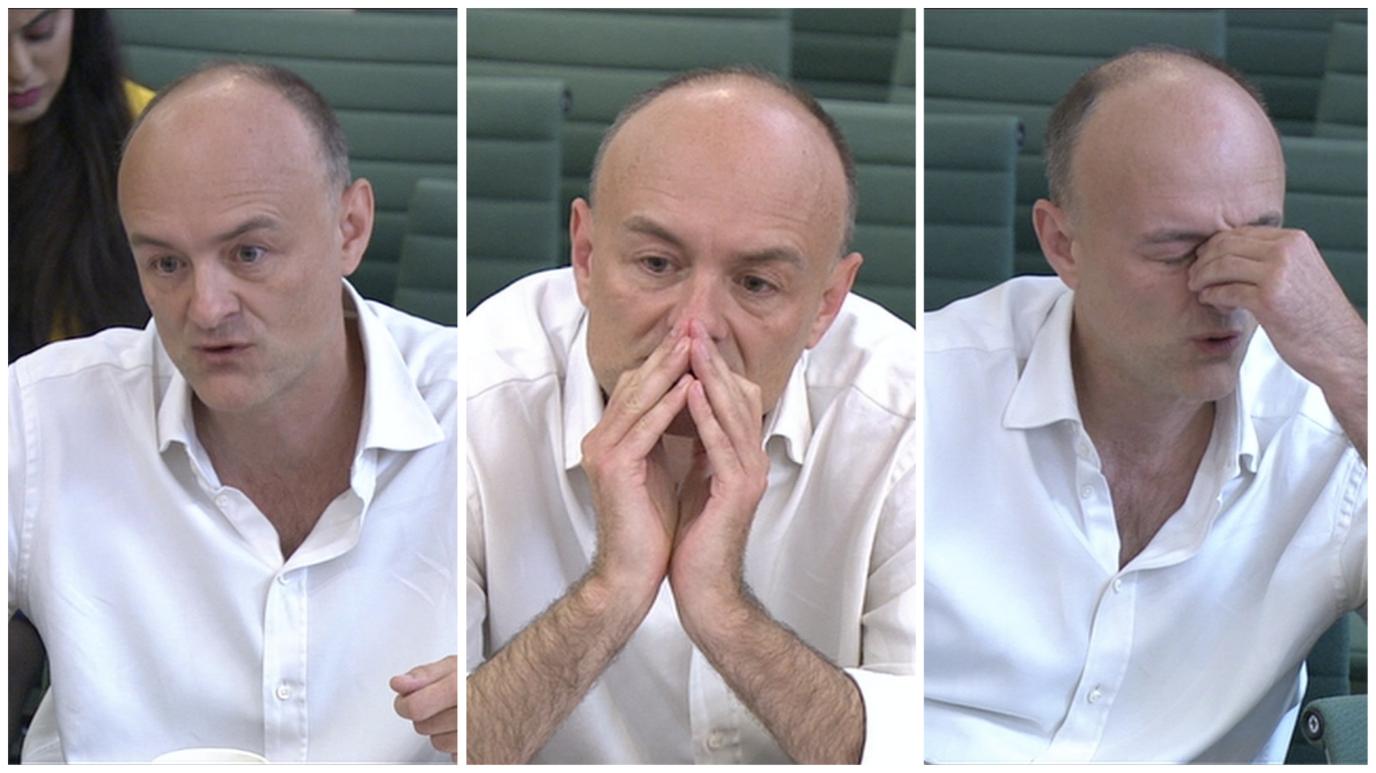
- Published20 July 2021
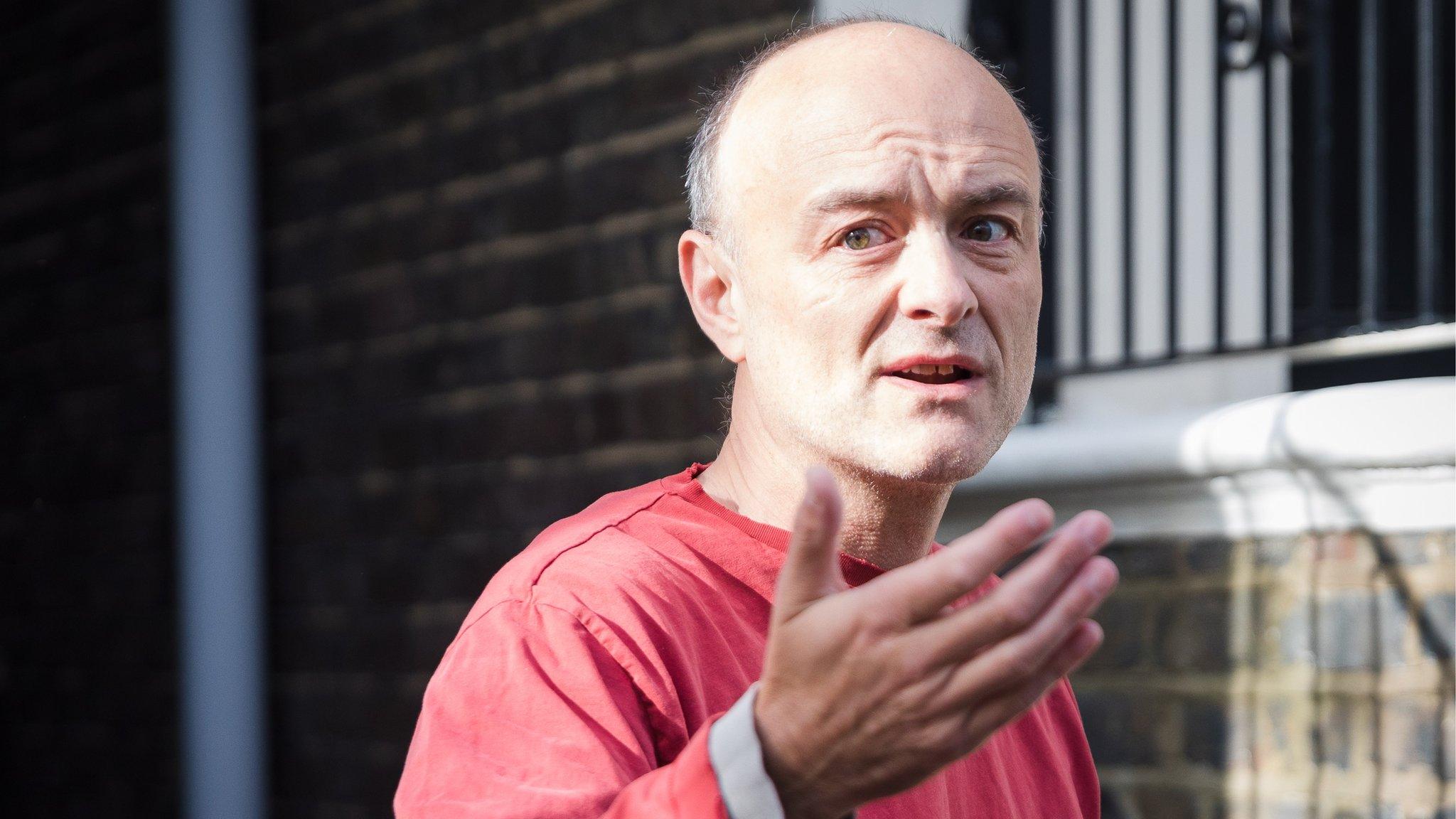
- Published26 May 2021
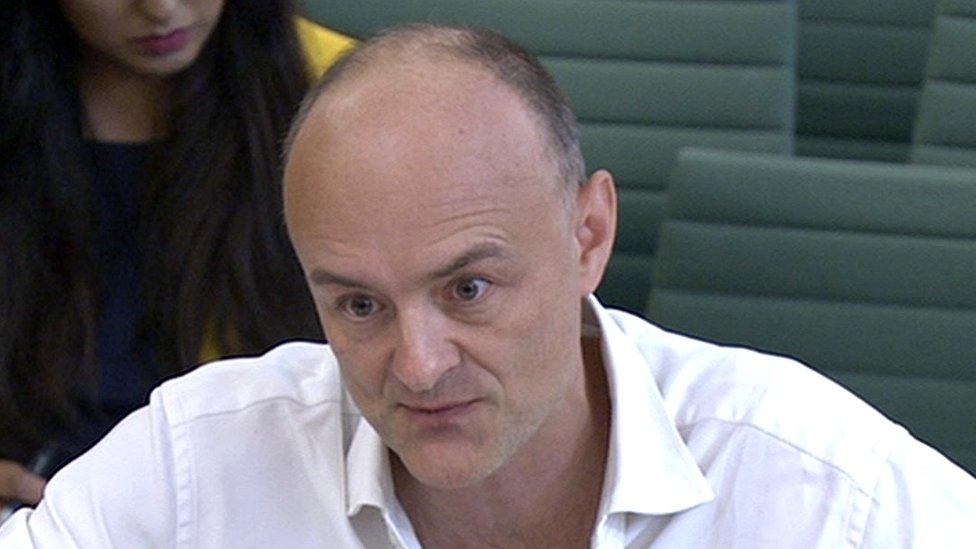
- Published26 May 2021
